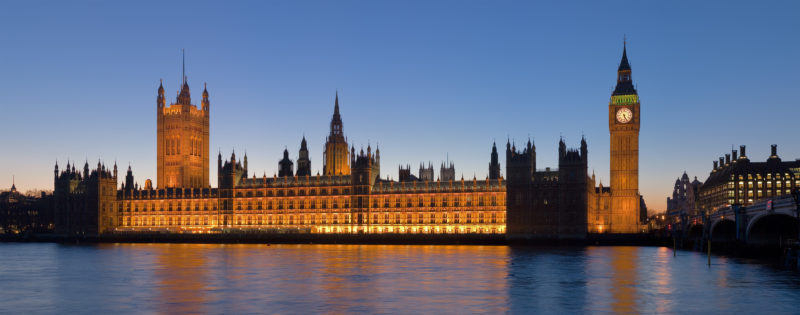Yasmin Qureshi Labour Member of Parliament for Bolton South East

The Retained EU Law (Revocation and Reform) Bill will completely overhaul the way that retained EU laws (REULs) are dealt with.
This legislation would apply a ‘sunset’ to most of the REULs, causing them to expire automatically by 2023, if no further legislative action is taken. This is an incredibly reckless way to approach legislation, which puts deregulation above all else and could cause chaos across all areas of government. It also puts at risk hard-fought rights and protections for British workers, consumers, and the environment.
In November 2022, the Government’s “Retained EU Law Dashboard” listed 2,417 pieces of REUL, all of which would be ‘sunsetted’ by the Retained EU Law Bill. However, a report
by the Financial Times discovered that there were actually another 1,400 pieces of REUL that they hadn’t accounted for, which would also be repealed as part of the Bill.
This is astounding when you consider that, by that point, Conservative MPs had already voted for the Bill at Second Reading, without actually knowing how many REULs it would
repeal, let alone what they all do.
The second major problem with the Retained EU Law Bill is that it transfers significant power over the revocation, modification or replacement of REULs to Ministers. They would
be able to act through secondary legislation; in other words, with next to no Parliamentary scrutiny.
Amendment 36 would have gone some way to addressing these issues by requiring the Government to ‘publish an exhaustive list of every piece of legislation being revoked under the Sunset Clause, and allow for Parliamentary oversight of this process so that it is the House of Commons which has the ultimate say on which legislation is affected.’
However, at the Third Reading, Amendment 36 was defeated by 242 votes to 295, with only four Conservative MPs voting for the amendment. This means that every other
Conservative MP voted against giving themselves, and by proxy their constituents, a say over thousands of REULs, instead, giving this power and responsibility to a handful of Ministers.
The Bill then passed its Third Reading by 297 votes to 238, with no Conservative MPs rebelling, including the four who had voted for amendment 36. Indeed, three of them,
including David Davis who had put his name to the amendment, voted for the Bill, with the other not voting at all.
Despite this, I can assure you that my Opposition Colleagues and I will continue to oppose the Retained EU Law (Revocation and Reform) Bill and support amendments to address some of its worst provisions at its remaining stages.
